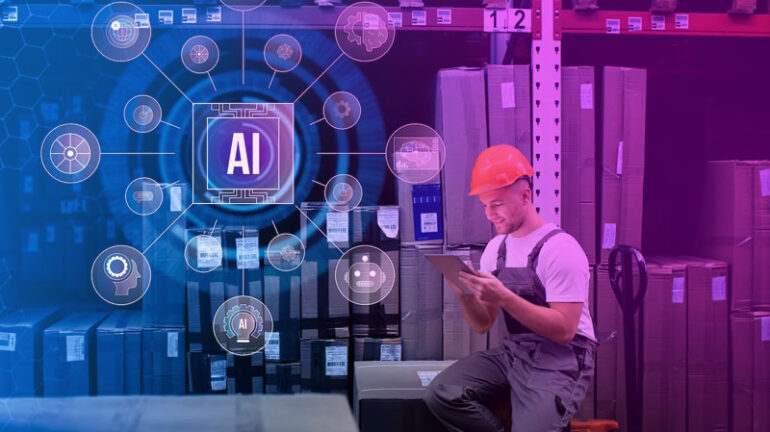
AI (Artificial Intelligence) can significantly increase productivity in the workplace by automating tasks, providing insights, and streamlining processes. Here are 20 ways AI can enhance productivity at work:
- Automated Data Entry:
- AI-powered tools can extract and input data from various sources into databases or spreadsheets, reducing the need for manual data entry.
- Document Classification and Sorting:
- AI can automatically classify and organize documents, making it easier to find and manage important files.
- Email Management:
- AI-driven email filters can prioritize and categorize emails, helping users focus on critical messages while reducing inbox clutter.
- Chatbots for Customer Support:
- AI-powered chatbots can handle routine customer inquiries, freeing up human support agents for more complex issues.
- Virtual Assistants:
- Virtual assistants like Siri, Google Assistant, and Alexa can help with tasks such as setting reminders, scheduling meetings, and answering questions.
- Data Analytics:
- AI-driven analytics tools can analyze large datasets quickly, providing valuable insights for decision-making.
- Predictive Maintenance:
- In industries like manufacturing, AI can predict equipment failures, reducing downtime and maintenance costs.
- Content Generation:
- AI can create content such as reports, articles, and marketing materials based on predefined templates and data inputs.
- Sales and Lead Generation:
- AI can identify potential leads, analyze customer behavior, and recommend personalized sales strategies.
- Inventory Management:
- AI can optimize inventory levels, ensuring that products are available when needed without excess stock.
- Automated Financial Analysis:
- AI can analyze financial data, detect anomalies, and provide forecasts, assisting in financial decision-making.
- Natural Language Processing (NLP):
- NLP-powered tools can summarize documents, extract key information, and provide language translation services.
- Automated Testing:
- In software development, AI can automate testing processes, reducing the time and effort required for quality assurance.
- HR and Recruitment:
- AI can screen resumes, conduct initial interviews, and match candidates with job requirements, saving HR professionals time.
- Task Scheduling and Planning:
- AI-driven schedulers can optimize task allocation, ensuring that work is distributed efficiently among team members.
- Security and Threat Detection:
- AI can identify cybersecurity threats and potential vulnerabilities, enhancing digital security.
- Content Recommendations:
- AI algorithms can suggest relevant articles, products, or services to users, improving engagement and sales.
- Language Translation:
- AI translation tools can quickly and accurately translate documents and communications between languages.
- Voice Recognition:
- Voice recognition technology can transcribe spoken words into text, improving the speed and accuracy of note-taking.
- Employee Productivity Monitoring:
- AI can track employee work patterns and provide insights into how to optimize productivity, while respecting privacy and ethical considerations.
These are just a few examples of how AI can be harnessed to enhance productivity in the workplace. As technology continues to advance, AI is likely to play an increasingly significant role in streamlining processes and improving efficiency across various industries.